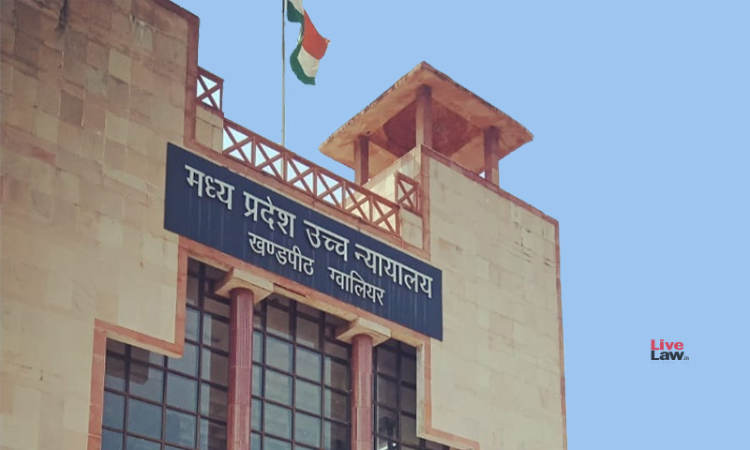No Bar On Granting Interim Custody Of The Vehicle Seized For Commission Of Offence Under NDPS Act: MP High Court
Sparsh Upadhyay
27 Jan 2022 3:20 PM IST

Next Story
27 Jan 2022 3:20 PM IST
The Madhya Pradesh High Court has said that merely on the ground that the vehicle is liable to confiscation under Section 60 of the NDPS Act, it cannot be held that once the vehicle is seized for the commission of offence under the NDPS Act, interim custody cannot be granted.The Bench of Justice Deepak Kumar Agarwal further observed that the NDPS Act does not contain any bar regarding the...
